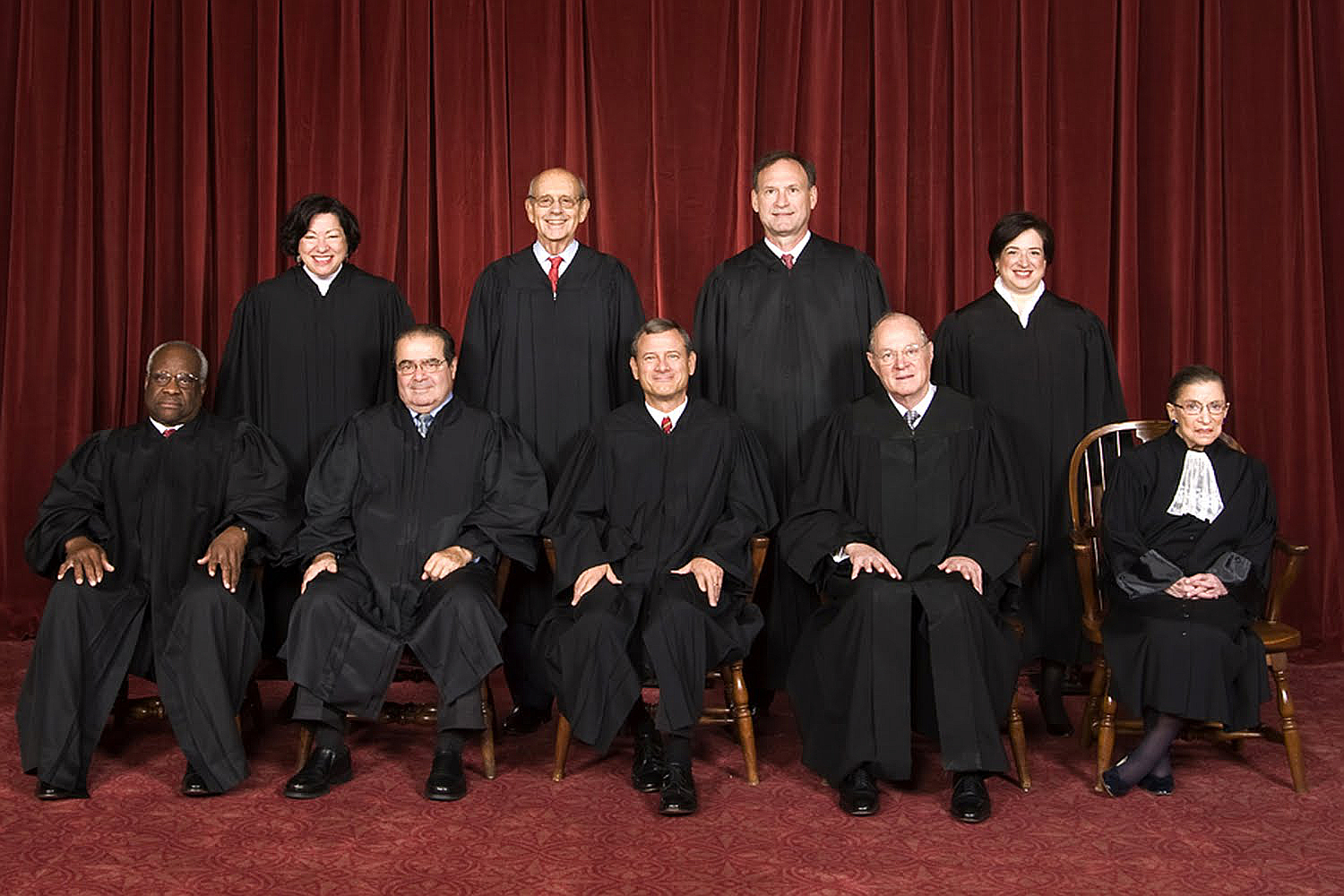
The importance of McDonnell vs. U.S. in the Sen. Menendez case
FACTS OF THE CASE
On November 3, 2009, Robert F. McDonnell was elected Governor of Virginia. At the time of his election, he and his family were experiencing economic difficulties; by September 2010, he and his wife had a combined credit card balance of $90,000, and by 2012 the business he and his sister operated had a loan balance of $2.5 million. Shortly after his election, McDonnell met with Jonnie Williams, the founder and CEO of Star Scientific, Inc. (Star), which was trying to market a product called Anatabloc that could be used to treat chronic inflammation. Star wanted the Food and Drug Administration to classify Anatabloc as a pharmaceutical, which would be more profitable than the alternative classification of nutraceutical. However, such a classification would require expensive testing, clinical trials and studies, and Star lacked the funds. Between 2009 and 2012, Williams and McDonnell met several times and agreed that “independent testing [of Anatabloc] in Virginia was a good idea.” Williams also provided expensive gifts to the McDonnells and “was willing to help” with their financial troubles. A launch event for Anatabloc was held at the Governor’s Mansion, and Mrs. McDonnell facilitated meetings between Star officials and officials at the University of Virginia and Virginia Commonwealth University to get the studies started. Mrs. McDonnell also purchased, sold, and gifted Star stock in such as way as to avoid reporting requirements, and McDonnell spoke to various government officials about the benefits of Anatabloc.
The McDonnells were eventually arrested and charged for corruption, under federal statutes that make it a felony to take “official action” in exchange for money, campaign contributions, or any other thing of value. On September 4, 2014, McDonnell was found guilty on 11 counts of corruption. McDonnell appealed his conviction and argued that the jury instructions given at trial did not properly define the term “official action.” The U.S. Court of Appeals for the Fourth Circuit affirmed his conviction and held that the jury instructions in question were adequate.
QUESTION
For the purpose of federal bribery statutes, is an “official action” limited to the exercise or threatened exercise of actual governmental power, and if the term is not limited in this manner, are the statutes unconstitutional?
CONCLUSION
In a unanimous decision it was determined that “an “official act” must involve a formal exercise of governmental power on something specific pending before a public official.”
An “official act”, it stated, is a decision or action on a question, matter, cause, suit, proceeding, or controversy that involves a specific exercise of formal governmental power. Chief Justice John G. Roberts, Jr. delivered the opinion for the unanimous Court. The Court held that arranging a meeting, contacting another official, or hosting an event — on its own — is not sufficient to rise to the level of an “official act” for the purpose of federal bribery statutes. This more limited reading of the statutory text gives each word a meaning that is proper in context and not superfluous, which is the best reading of the statute. Additionally, previous Supreme Court precedent has established that the existence of matters pending before a government official was not sufficient to find that any action related to those matters constituted an “official act.” Adopting a broader reading of the statutory language would likely chill public officials’ interactions with their constituents due to fears of prosecution and therefore make it more difficult for them to do their jobs. Based on this interpretation of the statutory language, the jury instructions at issue were impermissibly broad and did not provide enough guidance to the jury regarding whether the actions in question needed to be formal exercises of governmental power. Therefore, the conviction was vacated.
(Taken from Oyez)


